A raft of additional measures to combat the coronavirus crisis were announced by the Government on Tuesday. Their impact will be felt across society; their effectiveness will be determined by the extent to which they are embraced.
On this week’s front page, we call on all of our 263,000 weekly readers, and indeed every member of society, to adhere to the restrictions and embrace all advice to ensure that we limit the loss of life.
Farmers are also having to deal with added pressures of market uncertainty created by the lockdown of the food service market. While strong retail demand has helped cushion the blow, the market is extremely fragile.
It is imperative that the European Commission stand ready to intervene. We understand that at this week’s EU agriculture council meeting, Minister for Agriculture Michael Creed called for all of the tools available within the Common Market Organisation (CMO) regulation to be made available.
In the case of dairying, a clear plan is needed as to how the industry will respond if faced with a major hit to processing capacity due to a lack of available staff. All stakeholders including farmers need to look at what measures can be put in place to build some flexibility into the system as we head towards peak production. Teagasc must be to the fore in looking at what measures can be taken at farm level. The calls for an EU Private Storage Aid (PSA) scheme to be put in place for dairy products is logical.
The solution for beef is not so clearcut. There have been calls for an intervention scheme where the EU would put beef into storage. But putting beef into storage means freezing it – immediately devaluing it by 20-30%. While appearing a quick fix, intervention it is not a solution– that is unless the EU is prepared to reintroduce export refunds that allow the frozen beef product to be sold to third countries. Last week we highlighted the need for the EU to trigger the safeguard mechanism and suspend beef imports into the EU to allow markets rebalance – it is something that must be advanced.
By working together we could reduce the weekly beef kill by 25-35% (circa 10,000 head) over the next 12 weeks
Another option that requires consideration in these exceptional times is the introduction of targeted deficiency payments – a mechanism that would allow the EU top-up the market price. The introduction of such payments is permissible under the exceptional provision measures within the CMO regulation.
We are in a fortunate position in beef in that, unlike in dairying where the cow needs to be milked every day, we can reduce the flow of finished cattle coming on to the market over the next 12 weeks. Timing is ideal in that we are at the start of the lower-cost grazing season.
It is possible that by working together we could reduce the weekly kill by 25-35% (circa 10,000 head) over the next 12 weeks and bring it in line with projected market demand for this period. Forward animals could instead be turned out to grass and grazed on until the second half of the year or whenever demand returns.
To allow farmers to make this significant adjustment, the European Commission would have to provide a level of price security through deficiency payments. This would effectively guarantee farmers a minimum market price for animals slaughtered during the last six months of the year.
With some forecasting a strong rebound in global markets in the second half of the year, particularly in China, the financial burden of the scheme for the EU could be minimal. Alternatively, providing EU citizens struggling to rebuild their livelihoods post-COVID-19 with a subsidised beef offering next autumn would certainly help rebuild consumer confidence.
Keeping animals out in the fields and delaying slaughter would be a much better option than allowing a scenario develop where farmers find themselves selling into an over supplied market only for this product to be devalued further by putting it into storage.
For the mechanism to work, processors and retailers would have to agree to scrap age and weight restrictions on animals slaughtered for at least a six-month period and banks would have to put in place cashflow support where required. The EU would also have to strengthen its market intelligence capacity to prevent any abuse of the system.
Exceptional times require innovative solutions and decisive actions. Giving farmers confidence now to change finishing regimes and delay slaughter could have a major impact on EU markets at minimal cost to the Commission.
In the same way it has been suggested that fishermen should be paid to leave the fish in the sea until markets return, we should also consider ways that allow farmers to leave cattle in fields. Now is the time to act.
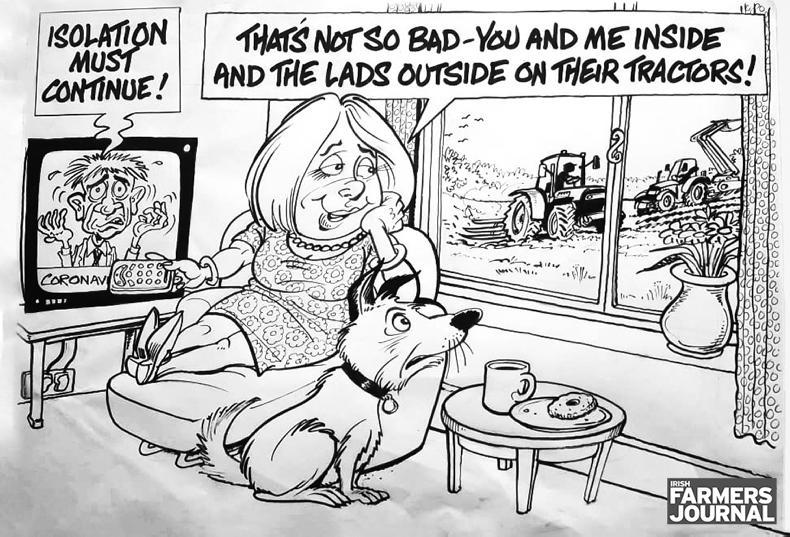
Coronavirus: replacing Big Macs with COVID tests
The Irish Farmers Journal has heard of countless acts of kindness by farmers in attending to needs of neighbours as the country unites to battle coronavirus. The supply chain from farm through to fork has functioned perfectly to keep food on the table in homes across Ireland.
While our heroic medical service are in the front line of the battle, the ability to maintain food supplies is one of the most essential services.
Dealing with this crisis is obviously a marathon and not a sprint, and we have to continually ask what more can be done.
Testing has been identified as the No1 tool in controlling the spread. In recent weeks, we have seen the Government move quickly to set up drive-through testing facilities.
There would appear to be a real opportunity for both McDonald’s and Supermac’s to make their restaurants with drive-through facilities available to the State.
These facilities would have the communication infrastructure in place and with slight modification the structural layout to facilitate the testing procedure.
Many are also located close to large retail centres, therefore providing an abundance of parking. With over 200 restaurants between them, the move would give the State immediate access to hundreds of drive-though test centres right across the country.
Elsewhere, it is appropriate to acknowledge Larry Goodman’s decision to make the private medical facilities he owns available to the State on a not-for-profit basis.
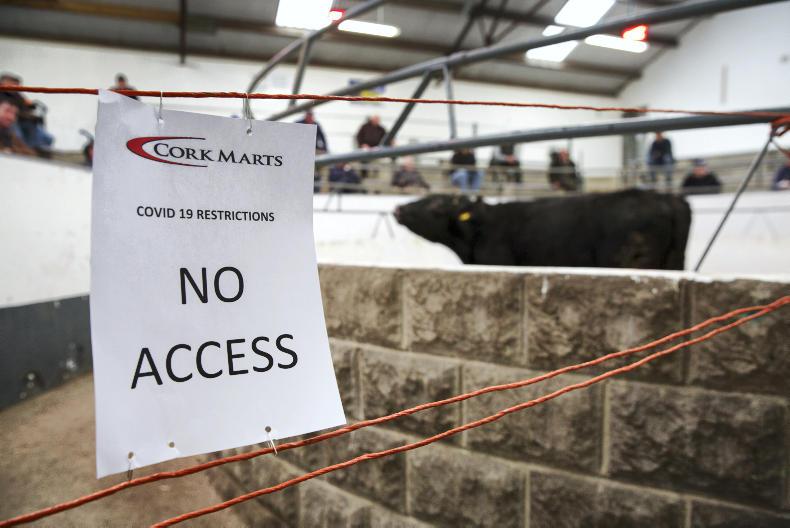
Trade: marts must be supported in weeks ahead
It is understandable that the National Public Health Emergency Team (NPHET) were not aware of the wide range of services marts could provide without impacting on public health.
It is important that the Department of Agriculture now engages with NPHET to ensure marts are in a position to continue to provide services such as weighing, secure payment, movements and linking up buyers and sellers.
Marts are a vital part of our industry and all stakeholders should work to support them through this challenging period.
Forestry: new legislation needed for sector
An encouraging aspect of the forestry sector in the current crisis is that nurseries, sawmills, forestry companies, forest owners – mainly farmers – and contractors are open for business.
How long this will remain the case is the worry, not because of COVID-19 but because of a dearth of licences the sector badly needs. There is a major backlog of licences for planting, felling and roading and without these, the sector cannot function.
In addition, many of those issued have been appealed and are being adjudicated on by the Forestry Appeals Committee (FAC). Legislation is required so that the Department’s forestry inspectors can approve licences without being subject to appeal.
This temporary approach would speed up licences so that planting and timber harvesting and processing can continue apace.
In addition, it would free up the FAC to hear the 489 appeals outstanding – and more to follow – in respect of 307 licences. These include some oral hearings, which have been indefinitely postponed due to COVID-19.
The Irish Farmers Journal contacted over 40 stakeholders working in private forestry and all supported the call for emergency legislation outlined by Donal Magner this week.
Ministers Creed and Doyle are aware of the sector’s plight. They need to introduce emergency legislation immediately.
A raft of additional measures to combat the coronavirus crisis were announced by the Government on Tuesday. Their impact will be felt across society; their effectiveness will be determined by the extent to which they are embraced.
On this week’s front page, we call on all of our 263,000 weekly readers, and indeed every member of society, to adhere to the restrictions and embrace all advice to ensure that we limit the loss of life.
Farmers are also having to deal with added pressures of market uncertainty created by the lockdown of the food service market. While strong retail demand has helped cushion the blow, the market is extremely fragile.
It is imperative that the European Commission stand ready to intervene. We understand that at this week’s EU agriculture council meeting, Minister for Agriculture Michael Creed called for all of the tools available within the Common Market Organisation (CMO) regulation to be made available.
In the case of dairying, a clear plan is needed as to how the industry will respond if faced with a major hit to processing capacity due to a lack of available staff. All stakeholders including farmers need to look at what measures can be put in place to build some flexibility into the system as we head towards peak production. Teagasc must be to the fore in looking at what measures can be taken at farm level. The calls for an EU Private Storage Aid (PSA) scheme to be put in place for dairy products is logical.
The solution for beef is not so clearcut. There have been calls for an intervention scheme where the EU would put beef into storage. But putting beef into storage means freezing it – immediately devaluing it by 20-30%. While appearing a quick fix, intervention it is not a solution– that is unless the EU is prepared to reintroduce export refunds that allow the frozen beef product to be sold to third countries. Last week we highlighted the need for the EU to trigger the safeguard mechanism and suspend beef imports into the EU to allow markets rebalance – it is something that must be advanced.
By working together we could reduce the weekly beef kill by 25-35% (circa 10,000 head) over the next 12 weeks
Another option that requires consideration in these exceptional times is the introduction of targeted deficiency payments – a mechanism that would allow the EU top-up the market price. The introduction of such payments is permissible under the exceptional provision measures within the CMO regulation.
We are in a fortunate position in beef in that, unlike in dairying where the cow needs to be milked every day, we can reduce the flow of finished cattle coming on to the market over the next 12 weeks. Timing is ideal in that we are at the start of the lower-cost grazing season.
It is possible that by working together we could reduce the weekly kill by 25-35% (circa 10,000 head) over the next 12 weeks and bring it in line with projected market demand for this period. Forward animals could instead be turned out to grass and grazed on until the second half of the year or whenever demand returns.
To allow farmers to make this significant adjustment, the European Commission would have to provide a level of price security through deficiency payments. This would effectively guarantee farmers a minimum market price for animals slaughtered during the last six months of the year.
With some forecasting a strong rebound in global markets in the second half of the year, particularly in China, the financial burden of the scheme for the EU could be minimal. Alternatively, providing EU citizens struggling to rebuild their livelihoods post-COVID-19 with a subsidised beef offering next autumn would certainly help rebuild consumer confidence.
Keeping animals out in the fields and delaying slaughter would be a much better option than allowing a scenario develop where farmers find themselves selling into an over supplied market only for this product to be devalued further by putting it into storage.
For the mechanism to work, processors and retailers would have to agree to scrap age and weight restrictions on animals slaughtered for at least a six-month period and banks would have to put in place cashflow support where required. The EU would also have to strengthen its market intelligence capacity to prevent any abuse of the system.
Exceptional times require innovative solutions and decisive actions. Giving farmers confidence now to change finishing regimes and delay slaughter could have a major impact on EU markets at minimal cost to the Commission.
In the same way it has been suggested that fishermen should be paid to leave the fish in the sea until markets return, we should also consider ways that allow farmers to leave cattle in fields. Now is the time to act.

Coronavirus: replacing Big Macs with COVID tests
The Irish Farmers Journal has heard of countless acts of kindness by farmers in attending to needs of neighbours as the country unites to battle coronavirus. The supply chain from farm through to fork has functioned perfectly to keep food on the table in homes across Ireland.
While our heroic medical service are in the front line of the battle, the ability to maintain food supplies is one of the most essential services.
Dealing with this crisis is obviously a marathon and not a sprint, and we have to continually ask what more can be done.
Testing has been identified as the No1 tool in controlling the spread. In recent weeks, we have seen the Government move quickly to set up drive-through testing facilities.
There would appear to be a real opportunity for both McDonald’s and Supermac’s to make their restaurants with drive-through facilities available to the State.
These facilities would have the communication infrastructure in place and with slight modification the structural layout to facilitate the testing procedure.
Many are also located close to large retail centres, therefore providing an abundance of parking. With over 200 restaurants between them, the move would give the State immediate access to hundreds of drive-though test centres right across the country.
Elsewhere, it is appropriate to acknowledge Larry Goodman’s decision to make the private medical facilities he owns available to the State on a not-for-profit basis.

Trade: marts must be supported in weeks ahead
It is understandable that the National Public Health Emergency Team (NPHET) were not aware of the wide range of services marts could provide without impacting on public health.
It is important that the Department of Agriculture now engages with NPHET to ensure marts are in a position to continue to provide services such as weighing, secure payment, movements and linking up buyers and sellers.
Marts are a vital part of our industry and all stakeholders should work to support them through this challenging period.
Forestry: new legislation needed for sector
An encouraging aspect of the forestry sector in the current crisis is that nurseries, sawmills, forestry companies, forest owners – mainly farmers – and contractors are open for business.
How long this will remain the case is the worry, not because of COVID-19 but because of a dearth of licences the sector badly needs. There is a major backlog of licences for planting, felling and roading and without these, the sector cannot function.
In addition, many of those issued have been appealed and are being adjudicated on by the Forestry Appeals Committee (FAC). Legislation is required so that the Department’s forestry inspectors can approve licences without being subject to appeal.
This temporary approach would speed up licences so that planting and timber harvesting and processing can continue apace.
In addition, it would free up the FAC to hear the 489 appeals outstanding – and more to follow – in respect of 307 licences. These include some oral hearings, which have been indefinitely postponed due to COVID-19.
The Irish Farmers Journal contacted over 40 stakeholders working in private forestry and all supported the call for emergency legislation outlined by Donal Magner this week.
Ministers Creed and Doyle are aware of the sector’s plight. They need to introduce emergency legislation immediately.






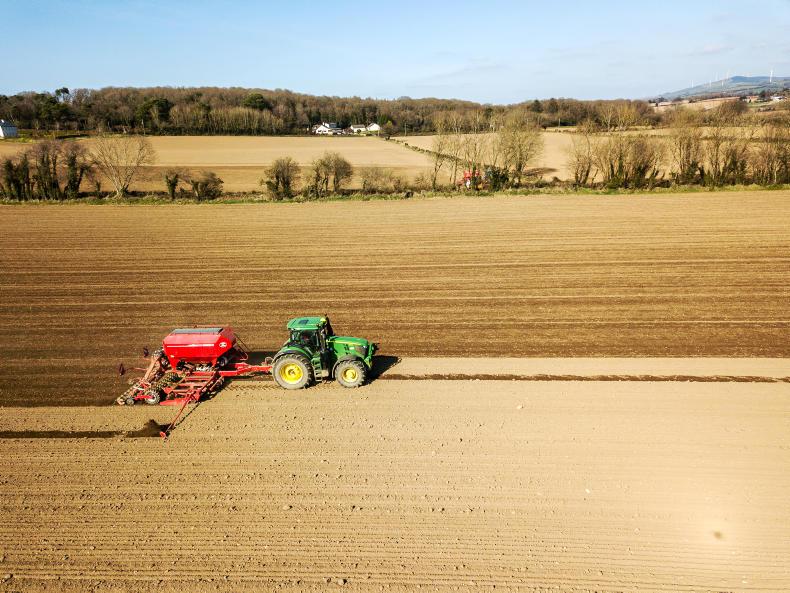
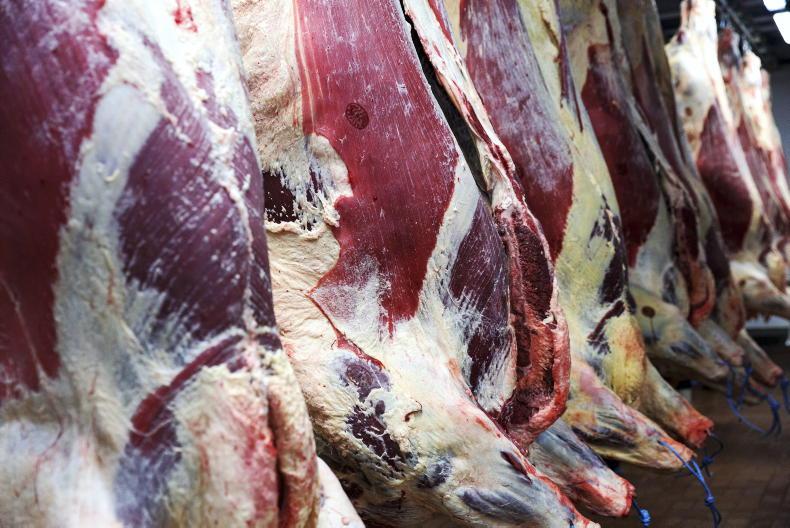

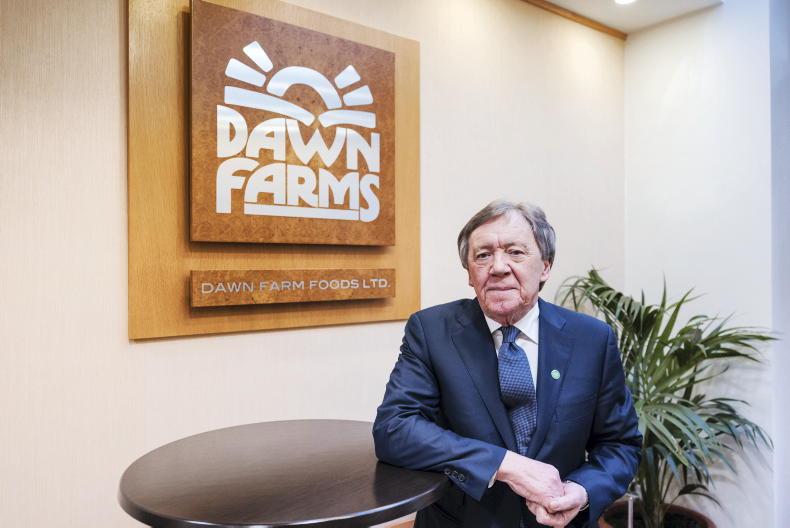
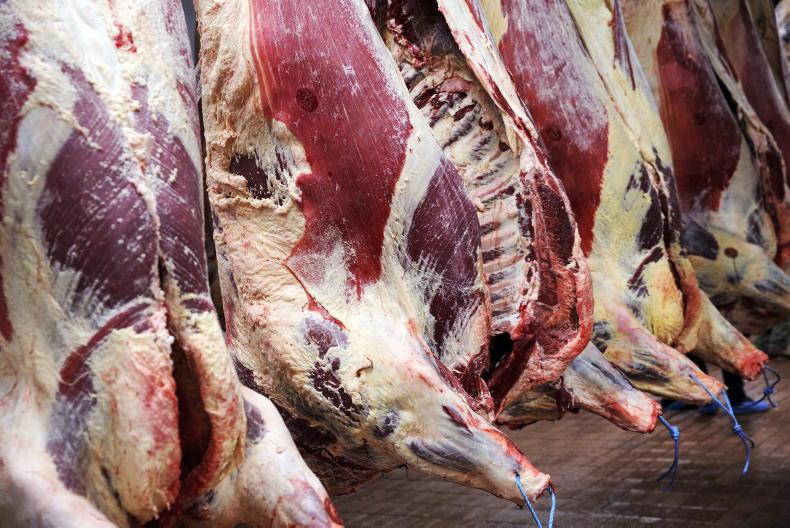
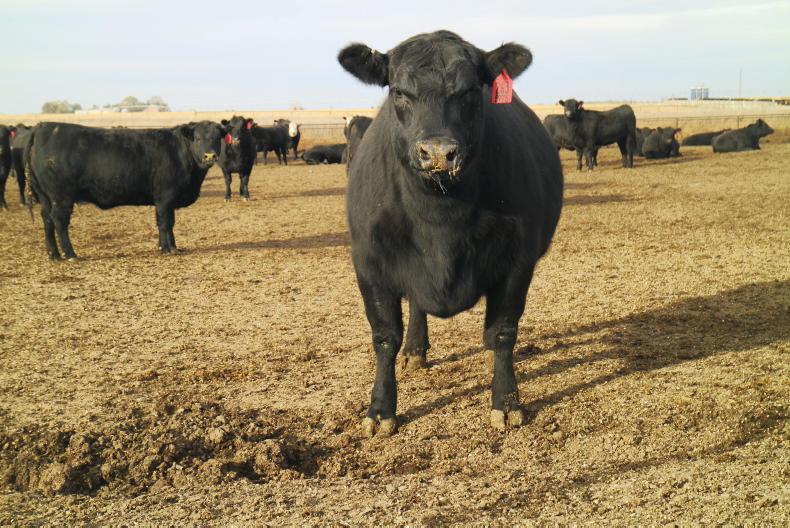
SHARING OPTIONS